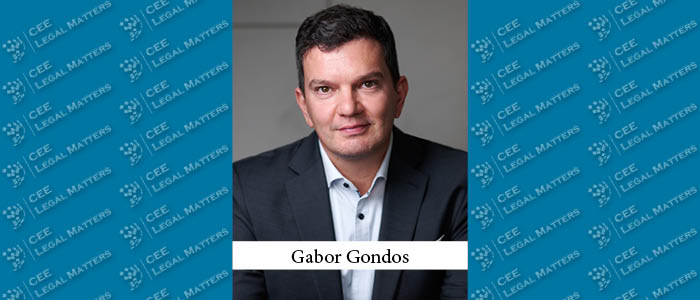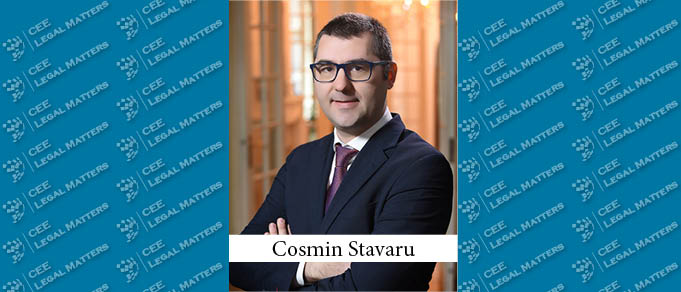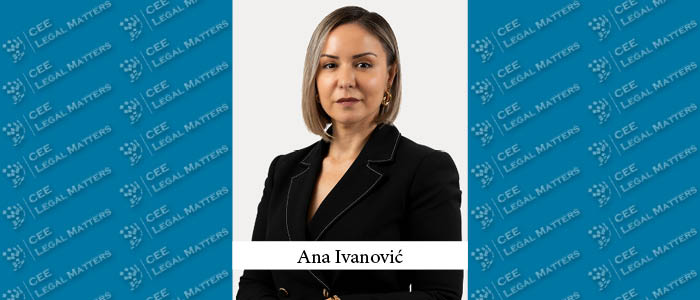The waves of the COVID-19 pandemic, although hitting the population quite hard, served as an impetus for employees seeking refuge in home office.
The Spectrum of Hydrogen: Unravelling the Meanings Behind Its Colors
In the burgeoning landscape of alternative energy, hydrogen emerges as a beacon of hope, championing the transition toward a cleaner, more sustainable future. However, not all hydrogen is created equal, and the color code attributed to its production process not only paints a picture of its environmental footprint but also hints at the broader implications for our global energy matrix. This article delves into the colorful world of hydrogen, exploring the significance and implications of its diverse hues.
Hungarian Webshops to Offer Delivery by Hungarian Post
From 28 March 2024, businesses operating in Hungary will be required to offer services by the state-owned enterprise Hungarian Post ("Magyar Posta") as a delivery option for consumers using their online stores. The text of the new provision is concise and has raised several questions.
Unpacking the Minimum Tax Act: Implications for Slovenia, Croatia, and the Region
Slovenia and Croatia adopted the Minimum Tax Act (MTA). The MTA implements Directive (EU) 2022/2523 to ensure a global minimum level of taxation for multinational enterprise groups and large-scale domestic groups in the EU. The latter is a consequence of the OECD’s global fight against tax base erosion within the scope of Pillar II.
Ukraine Closes War & Sanctions Portal
On 19 March 2024, the Ukrainian Government decided to close a sanctions-related database maintained by the National Agency on Corruption Prevention (“NACP”).
Contracts for Difference: The European Commission Has Approved a EUR 3 Billion State Aid Scheme for Romania to Support Onshore Wind and Solar Photovoltaic Installations.
On 6 March 2024, the Ministry of Energy received approval from the European Commission (the “Decision“) for the contract-for-difference financing scheme in support of onshore wind and solar PV installations to promote the transition to a zero net-zero economy. On 27 March 2024, a non-confidential version of the Decision was published in the State Aid Register on the Commission’s competition website.
The Procedure for Adoption and Placement of Children in Other Family Forms of Family Care Has Been Simplified
On 22 March 2024, the Cabinet of Ministers of Ukraine adopted Resolution No. 331, which amended the process of adoption and placement of children into other forms of family care.
Amendments to Republika Srpska Civil Procedure Law
The latest amendments to the Republika Srpska Civil Procedure Law were enacted to ensure procedural improvements, align the rules with the European Convention on the Exercise of Children’s Rights, better regulate cases involving marital and family disputes, and strengthen court rulings.
Revitalising Healthcare: Austria's New Healthcare Reform
Austria's healthcare system got a long-anticipated makeover. After years of small-scale adjustments, a collective amendment – the "Vereinbarungsumsetzungsgesetz 2024" ("VUG 2024" or the "reform") – has brought a new wave of changes somewhere revolutionising healthcare in Austria. The VUG 2024 refers to a comprehensive and coordinated change made to a total of 13 legal matters, which are being modified together as a unified act for a more holistic approach. This happens to be one of the biggest reforms in the healthcare sector in recent decades.
Romania: CfD Scheme for Renewables to Go Live in 2024
In March the European Commission approved a EUR 3bln (RON 15.22bln) Romanian scheme to support installations producing electricity from onshore wind and solar photovoltaic. The approval relates to an initiative launched for consultations by the Ministry of Energy in August 2023, aimed at implementing a Contracts for Difference (CfD) support mechanism for low-carbon technologies (the "CfD Scheme").
The Law on Amendments to the Companies Act
The Parliament of Montenegro has adopted again the Law on Amendments to the Companies Act with 43 votes in favor, at the extraordinary session of the Parliament held on January 19, 2024, and the Amendments entered into force on January 23, 2024.
Key Milestone in Corporate Governance Reform: Ukraine Enacts Long-Awaited Law on the Further Liberalisation of the SOE Sector
On 8 March 2024, the Law of Ukraine “Introducing Amendments to Certain Laws of Ukraine on the Enhancement of Corporate Governance” (the “Law” or the “SOE Law”) entered into force. This Law is a significant step towards the alignment of the Ukrainian legal framework for state-owned enterprises (“SOEs”) with international best practices, particularly the OECD Guidelines for Corporate Governance of SOEs (“OECD Guidelines”).
Does the Birkin Handbag Represent a Market of Its Own?
The luxury design company Hermès is facing allegations of engaging in unlawful practices by “tying” the purchase of its popular Birkin bags to the purchase of other luxury clothing and accessory items, as claimed in a class-action lawsuit filed in the US. According to the lawsuit, two California shoppers stated that they were compelled to buy additional Hermès products from various categories such as apparel, scarves, and homeware before being allowed to purchase Birkin handbags from the Paris-based brand.
Brief M&A Notes Entering 2024
How M&A lawyers add value to our clients deals? That’s our job and primary goal.
Top 5 Insolvency Judgments in 2023
In this article, we'll cover a selection of the TOP 5 Czech insolvency case law from last year.
Paradigm Shift of the Grid Connection Regulation in Romania
As everybody knows, grid connection is a big challenge, perhaps the biggest challenge, the renewables encounter nowadays in Romania and elsewhere. According to the data available on the Romanian TSO website, over 20 GW of wind and solar projects seem to have obtained grid connection endorsement (Romanian: aviz tehnic de racordare – “ATR”) to the extent the total installed capacity in the country is about 18.5 GW and the consumption does not expect a serious take-off in the foreseeable future. An even bigger capacity might be in the queue to obtain ATR.
AI Act – New Rules for Tech Companies
The adoption of the Artificial Intelligence Act means a wide range of responsibilities for tech businesses in the European Union. This article guides through the new regulatory framework and its practical implications.
Montenegro's Evolving Legal Landscape: Recent Amendments and Controversies in Games of Chance Regulation
Montenegro's Law on Games of Chance (the "Law") was enacted in 2004 and has undergone multiple amendments since. The most recent ones came into effect on 1 January 2024. The aim of the amendments, as stated by the competent authorities, is to ensure a sustainable regulatory system for organising games of chance via the internet or other telecommunication means, as well as to generate additional revenue from these activities.

































